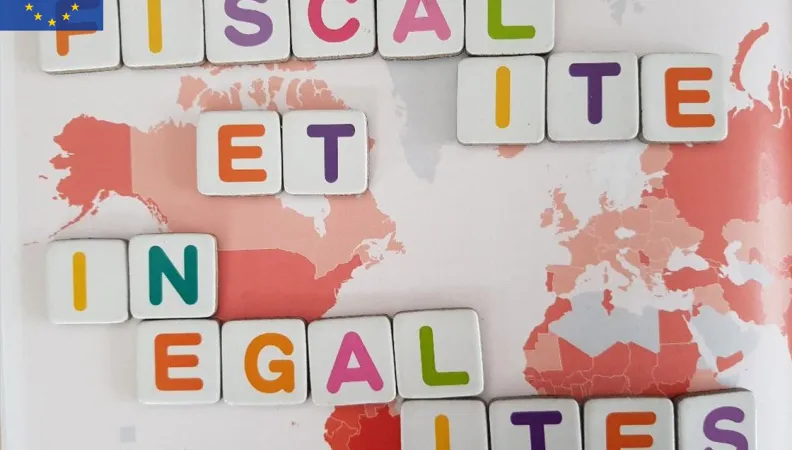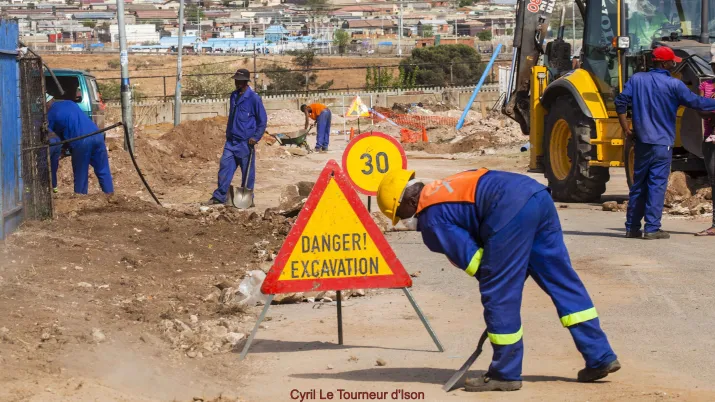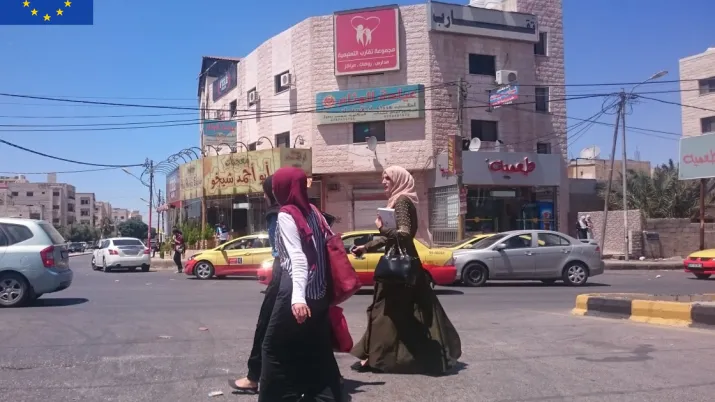Share the page
Understanding the role of taxation in the fight against inequalities

-
Project start date
-
2018Status
Completed
-
Project end date
-
2020
-
Project duration
-
1 year and 7 months
-
AFD financing amount
-
125000
-
Country and region
-
Location
-
Multi-pays
-
Partners
-
Research program
Via their tax component and their component of transfers and public expenditure, budget policies are a crucial instrument for governments in their fight against inequalities. This research project seeks to improve understanding of the relationship between income inequalities and these budget policies in developing countries.
Context
Reduction of inequality is one of the core Sustainable Development Goals (SDGs). One of the targets of SDG 10 is for income growth of a country’s poorest 40% to be higher than the national average. Reaching this objective requires setting up economic policies on public expenditures and taxes that will benefit the poorest people. At the same time, mobilizing tax revenue can play a key role in financing the SDGs, but it is important to understand under what conditions this higher level of tax revenue collection is reconcilable with the goal of reducing inequalities.
This project is part of the first phase of the Research Facility on Inequalities, coordinated by AFD and funded by the European Commission's Directorate-General for International Partnerships over the 2017-2020 period. The first phase of the Facility has led to the conduct of 22 research projects and the publication of around 100 research papers and policy briefs.
Goal
This research project seeks to improve understanding of the relationship between income inequality and budget policies in developing countries. The study is divided into three parts:
- Investigation into the redistributive impact of taxes, transfers, and public expenditure in three countries of West Africa (Côte d’Ivoire, Mali, and Senegal). The analysis will try to answer the following questions:
- Who pays taxes, and who benefits from the transfers and public expenditures?
- What is the overall impact of the tax and transfer systems on inequalities?
- What tax instrument can mobilize revenues while reducing poverty and inequality?
- Study of the effect on inequalities from applying different types of taxes in the developing countries. Is the increase in tax revenues (measured by the ratio between revenue and GDP) linked to a reduction or an increase in inequalities? The relationship between the type of taxes levied and the change in inequalities within a country and between different countries will be studied in order to identify which taxes are progressive or regressive.
- Analysis of tax compliance behaviors in Africa, by identifying how the level of inequalities affects citizens’ attitude towards taxes.
Method
This research project will use econometric quantitative studies based on household survey data and macro-economic data available on a large number of countries (Parts 2 and 3). Microsimulation tools will also be used (Part 1).
Results
You may find the research papers and the policy briefs here :
Research papers:
- Fiscal consolidation and health inequality: Evidence from infant mortality in Sub-Saharan Africa
- Collect more, spend better? Assessing the incidence of fiscal systems and public spending in three francophone West African countries
- Inequality in the public good provision and attitude towards taxation: sub-national evidence from Africa
Policy briefs:
- Collect more, spend better? Enhancing fiscal redistribution in West Africa
- Fiscal consolidation in Sub-Saharan Africa: Unequal effects on children’s health
- Building fiscal capacity in Sub-Saharan Africa: The role of local inequality
- Measuring local inequality: Insights from data on night lights
Find also the presentation of the research paper "Inequality in the public good provision and attitude towards taxation: sub-national evidence from Africa" by Marin Ferry, Senior Lecturer at Gustave Eiffel University / Associate Researcher IRD-DIAL during the fourth webinar of the Research Facility on Inequalities:
Contact
-
Hélène EHRHART
Economist



